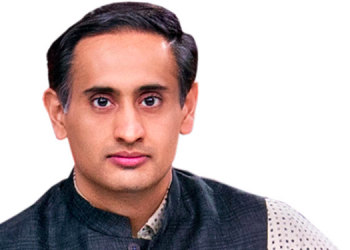Saji Cherian, the newly appointed Kerala Culture Minister, has made a statement that the censorship of Malayalam Television serials centered on unscientific and superstitious themes will be evaluated and considered with utmost seriousness. Cherian made the statement while answering a viewer’s question during a Channel discussion.
The Malayalam Television serials often get criticised and mocked for their themes and storylines, as most of them are themed around domestic abuse, illicit relationships etc. The Minister’s statement has sparked debates on social media platforms on the need for censorship of the serials.
Is it a practical act?
According to P Dinesh Panicker, Actor, Producer, and General Secretary of the Association of Television Media Artistes (ATMA), Censorship of serials is an impractical idea.
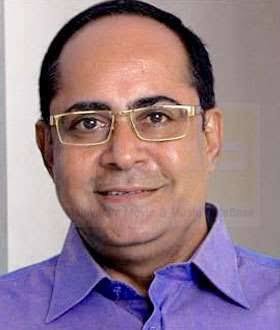
He said, “Serial censorship is completely different from Movie censorship. Cinema is a medium that can be made according to the creators’ time and liberty, but serials are on-air daily or weekly. At present, around 30 Television serials are broadcasted on different Malayalam channels, each with a duration of 30 minutes- which sums up to 900 minutes or 15 hours per day. Each serial will require a minimum of 1-1.5 hours if all censoring has to be done. How is it even practically possible?”
Panicker continued, “The serial undergoes self-censoring and also complies with the guidelines given by the channels. Even after all these processes, if there is an objection about the content, then we are happy to welcome the guidelines and interference by the government”.
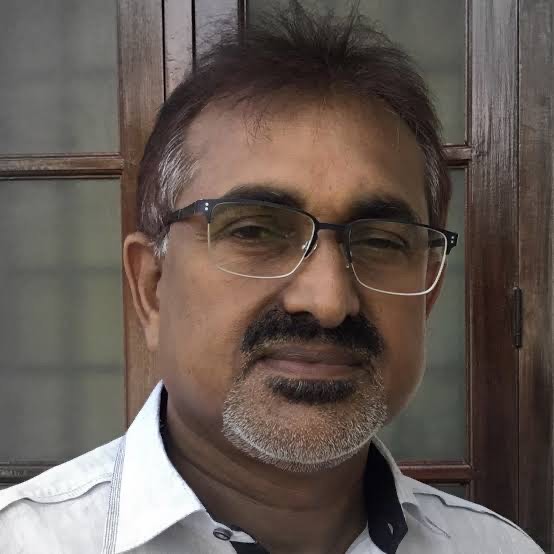
Adding to Panicker’s statement, G Bhavachithra Jayakumar, Producer and Chairman, Malayalam Television Fraternity, said, “We can’t claim that censoring serials is impossible, but we need to look into the practical aspects of it. Cinema is a medium that gets ample time for the post-production process. Television serials that have evolved in the last 30 years don’t have that luxury, and a single theme should be stretched to 4-5 years. In 90 percent of cases, the scripting and production of serials are done parallelly. A huge volume of content is shot daily, and we have to follow the norms and timelines from the channel as the serial contents are aired on a daily basis. With time limitation being the biggest barrier for the Television serials, I am not sure when and how the censoring process can be performed.”
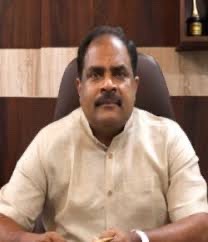
“With the Television ratings and revenue flow being the biggest concern, channels are only keen to telecast serials with objectionable contents. The serial produced by me named ‘Decemberile Aakasham, which later won Kerala State Television Award for second best Tele-serial, was rejected by all the major channels, Amrita Television later picked it up. The channels in Malayalam avoid contents with artistic value, instead focus on themes like illicit relationships, harassment by in-laws etc. Most of the channels run content with similar themes with little tweaking done in between. It’s high time that a censoring board be appointed to tackle the issue,” said Sibi Chavara, Producer.
Speaking on the debate over the objectionable theme of Malayalam Television serials, Jayakumar said, “There is a widespread allegation that TV serials are misleading the viewers, the majority viewers of Malayalam serials are women between the age group of 40-60 and men in 50-70 age category, with fewer youngsters as viewers. It’s an age group where people have attained immense maturity and practical knowledge of the world; how can the serial contents mislead them?”
“At the same time, the content on Web series and international movies streamed on OTT platforms are of sensitive and objectionable themes, but TV serials receives more backlashes. TV serials and channels which airs them are concerned about the viewership, ratings and revenue. In that scenario, we can’t afford to be experimental in terms of serial themes,” added Jayakumar.
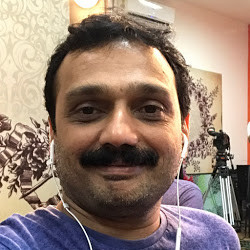
Anil Ayroor, Group COO, Flowers TV & 24, said that censoring Television serials is practical considering the fact that content is not live.
“In Flowers TV, we do have an internal mechanism. In Fact, not only for fictions but non-fictions are also previewed before airing. Content is produced in Kochi, previewed in another location. We need some content monitoring since the contents in Television Networks are crossing the borders and are polluting the society.”
“The Indian Broadcasting Federation has set Self- Regulatory Content Guidelines for non-news & current affairs Television channels. But, how many among the members are aware about the guidelines is a question itself,” Ayroor added.
Impacts of censoring
Speaking on the impacts of serial censorship, Ayroor said, “ If the monitoring or censor members are not executing the process in the right way with the right cause, then issues will arise. If the censorship is executed in a sensible way, it will be good for society and art in that sector. Look at the Film censorship in India- it doesn’t harm the film industry. One positive aspect of censorship is that the content makers will be more vigilant and good content will flow.”
He added, “India has the second-largest pay-TV market in the world after China. We do have an organised system to control it. Censorship is not a big challenge- the actual concern will be about the controlling authority, monitoring content, and the parameters to be followed. In a society where the self-restriction on contents are not reaping any benefits to the viewers, censorship is the need of the hour.”







